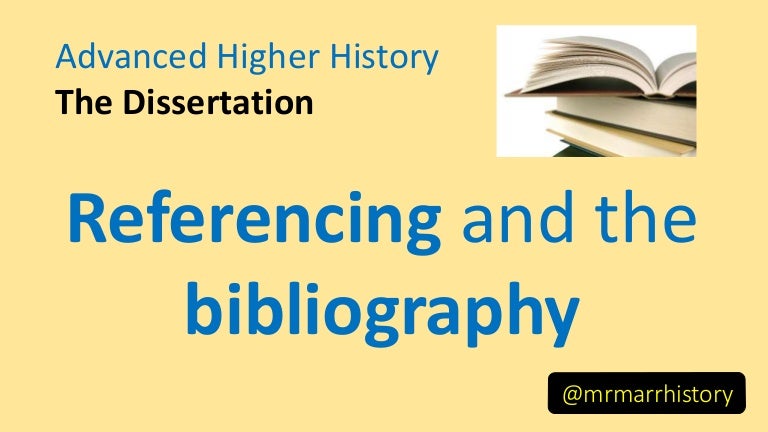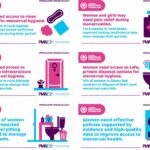Higher English for CfE: Reading for Understanding, Analysis, and Evaluation
Introduction
The study of English language and literature at a higher level is an essential part of the Curriculum for Excellence (CfE) in Scotland. Among the various components of the higher English curriculum, the focus on reading for understanding, analysis, and evaluation plays a crucial role. This article explores the significance of this aspect in higher English education and provides insights into the strategies and resources that can enhance reading comprehension and critical thinking skills.
1. Understanding the Importance of Reading Skills
Reading is not solely about decoding words; it is a gateway to acquiring knowledge, expanding vocabulary, and developing critical thinking abilities. In higher English education, reading for understanding sets the foundation for successful analysis and evaluation of literary texts. It enables students to engage with complex ideas and interpretations effectively.
2. Analyzing Literary Texts
Analyzing literary texts is a vital component of higher English education. It involves delving into the various elements of a text, such as themes, characters, plot, and literary techniques, to uncover deeper meanings and nuances. Close reading techniques and analysis frameworks help students make insightful connections and interpretations.
3. Evaluating Literature Through Different Perspectives
Evaluation in higher English refers to critically assessing and forming judgments about literary texts. It entails considering multiple perspectives, including the author’s intentions, historical context, reader responses, and social and cultural influences. Engaging in thoughtful evaluation widens students’ understanding of literature and fosters independent thinking.
4. Strategies to Enhance Reading Comprehension
To improve reading comprehension, students can employ various strategies. These include active reading techniques such as highlighting key points, annotating, summarizing, and asking questions while reading. Creating mind maps, discussing texts with peers, and seeking clarification when faced with challenging passages are also effective strategies.
5. Utilizing Resources and Study Guides
To facilitate reading for understanding, analysis, and evaluation, various resources and study guides are available for higher English students. These materials provide comprehensive support, offering explanations, sample analyses, and practice questions. Study guides, such as Craig McCombie’s CfE Higher German Study Guide and the BrightRed Publishing’s CFE Advanced Higher English guide, are valuable resources for students.
6. The Role of Teachers and Classroom Activities
Teachers play a vital role in fostering reading skills among students. They can engage learners in classroom activities such as group discussions, debates, and interactive lectures to promote critical thinking and comprehension. Providing constructive feedback on analysis and evaluation helps students refine their skills further.
7. Incorporating Technology in Reading Practice
Technology can greatly enhance reading practice. Online platforms, e-books, and audiobooks provide alternatives to traditional reading materials and engage students in interactive and multimedia-rich experiences. Online forums and discussion boards also encourage collaborative learning and offer platforms for sharing interpretations and insights.
8. Evaluating the Impact of Reading Skills
Developing strong reading skills not only benefits higher English studies but also has far-reaching impacts beyond the classroom. Through reading for understanding, analysis, and evaluation, students foster empathy, critical thinking, and effective communication skills. These skills are transferable to various aspects of life and future careers.
Conclusion
Reading for understanding, analysis, and evaluation is a fundamental aspect of higher English education. By developing strong reading skills, students can unlock the vast world of literature, enhance their critical thinking abilities, and broaden their understanding of various perspectives. Through the utilization of strategies, study guides, classroom activities, and technology, educators can empower students to become confident and proficient readers and thinkers.
FAQs (Frequently Asked Questions)
1. How can active reading techniques improve comprehension?
Active reading techniques, such as highlighting key points and asking questions while reading, help readers engage more deeply with the text, leading to improved comprehension and critical analysis.
2. Are study guides essential for higher English students?
Study guides can be valuable resources for higher English students as they provide comprehensive support, explanations, and practice questions, enhancing their understanding and analysis of literary texts.
3. How can technology enhance reading practice?
Technology offers various platforms for interactive and multimedia-rich reading experiences, as well as online forums for sharing interpretations and insights, enabling students to engage collaboratively and develop a deeper understanding of texts.
4. Why are evaluation skills important in higher English?
Evaluation skills in higher English enable students to critically assess and form judgments about literary texts, encouraging independent thinking, empathy, and effective communication skills.
5. How do reading skills benefit beyond the classroom?
Strong reading skills developed through higher English studies have broader applications in life and future careers as they foster critical thinking, empathy, and effective communication, skills that are essential in various professional fields.
In conclusion, higher English for CfE: Reading for Understanding, Analysis, and Evaluation forms the cornerstone of a comprehensive English education. It equips students with essential reading and critical thinking skills that extend well beyond the classroom. By employing effective strategies, utilizing resources, incorporating technology, and engaging in classroom activities, students can cultivate a deep appreciation for literature and develop the intellectual acumen necessary for success in higher education and future endeavors.
Gallery
Higher English | Irvine Royal Academy: English And Languages

Photo Credit by: bing.com / literature english project revision higher lit session wordpress candidates feel write
CfE Higher German Study Guide By McCombie, Craig (9781906736859

Photo Credit by: bing.com / cfe german higher study guide mccombie craig edition original
BrightRed Publishing. CFE ADVANCED HIGHER ENGLISH

Photo Credit by: bing.com / cfe higher advanced english details study
Higher English For CfE: Reading For Understanding, Analysis And

Photo Credit by: bing.com /
😍 Advanced Higher English Dissertation Marking Scheme. English Essay

Photo Credit by: bing.com / higher marking scheme english dissertation advanced essay critical sqa






